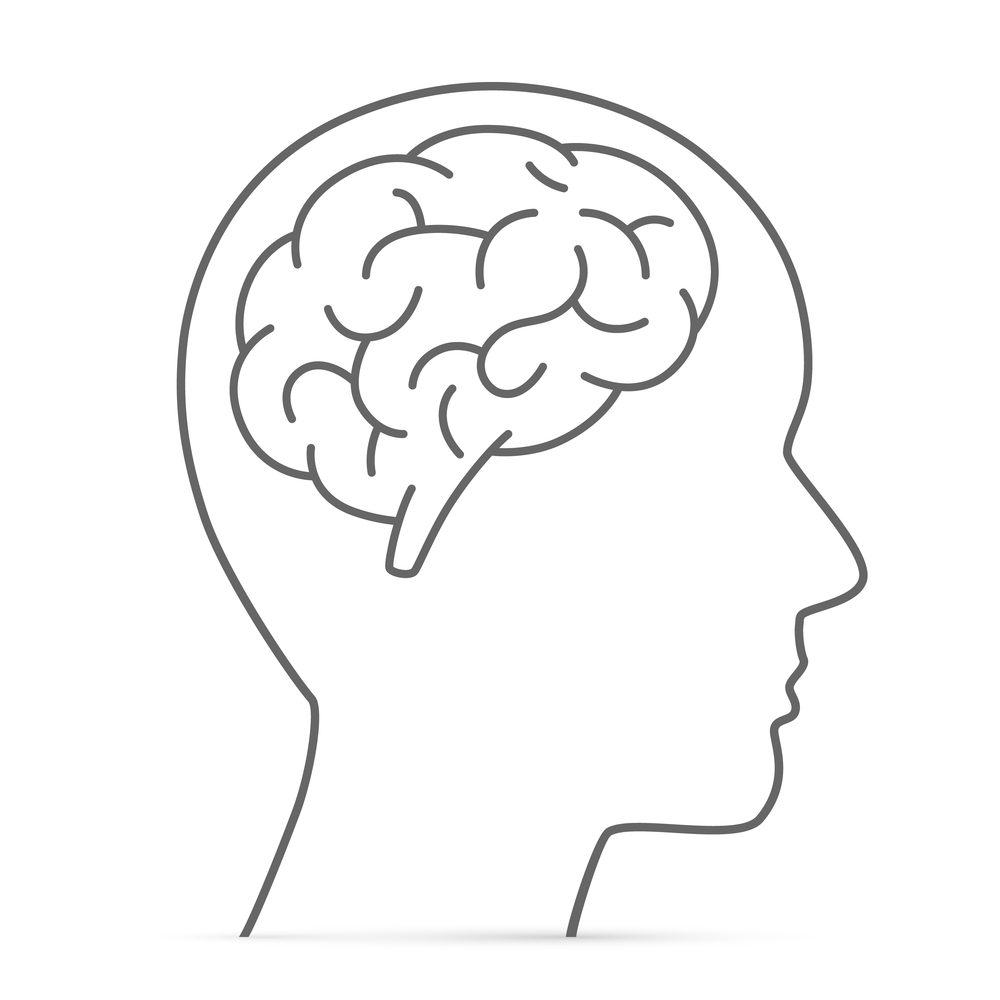Alcohol, when consumed in moderation, can be part of social rituals, celebrations, and even has certain health benefits according to some studies. However, when individuals cross the line from moderate drinking to alcohol abuse, it poses significant threats to both their physical and mental well-being. This article delves into the myriad ways in which alcohol abuse affects the body and mind.
Table of Contents
TogglePhysical Impact of Alcohol Abuse
Liver Damage: Arguably the most well-known consequence of prolonged alcohol abuse is liver damage. The liver processes alcohol, but when there’s too much, it struggles to keep up, leading to fatty liver, alcoholic hepatitis, fibrosis, and eventually cirrhosis.
Digestive System: Excessive alcohol consumption can lead to gastritis, ulcers, and pancreatitis. It disrupts the lining of the stomach, making the absorption of B-vitamins and other nutrients problematic.
Cardiovascular Concerns: Contrary to the belief that a little alcohol might be good for heart health, excessive drinking can lead to high blood pressure, irregular heartbeat, cardiomyopathy, and stroke.
Immune System Dysfunction: Chronic drinking weakens the immune system, making the body a soft target for diseases. Those who abuse alcohol are more prone to pneumonia, tuberculosis, and other infections.
Bone Damage: Alcohol interferes with the production of new bone, leading to thinning bones and an increased risk of fractures.
Central Nervous System (CNS): Alcohol directly affects the CNS, leading to impaired coordination, blurred vision, slower reaction times, and impaired judgment. This not only puts the drinker at risk but can also endanger others, especially if they decide to drive.
Respiratory System: In large quantities or over a long duration, alcohol can depress the respiratory system, leading to shallow breathing, respiratory depression, or even failure, particularly when combined with other depressants.
Reproductive Health: Chronic alcohol abuse can lead to erectile dysfunction in men and menstrual irregularities in women. It can also reduce fertility in both genders.
Impact on the Brain and Mental Health
Cognitive Decline: Alcohol has a neurotoxic effect on the brain. Over time, excessive drinking can lead to memory lapses, difficulty concentrating, and may increase the risk of Alzheimer’s and other forms of dementia.
Mood Disorders: There’s a close link between alcohol abuse and mental health disorders. Depression, anxiety, and alcohol often create a vicious cycle where one aggravates the other. Moreover, alcohol is a depressant, which means that while it might give a temporary feeling of euphoria, in the long run, it can exacerbate feelings of sadness and hopelessness.
Alcohol-Induced Psychosis: Heavy drinking can lead to hallucinations, delusions, and paranoia. This is a clear sign that alcohol has severely affected the brain’s functioning.
Dependence and Withdrawal: Over time and with consistent abuse, the body becomes reliant on alcohol to function ‘normally.’ Removing alcohol suddenly can lead to withdrawal symptoms such as tremors, seizures, hallucinations, and, in severe cases, can be life-threatening.
Sleep Disruptions: While many believe alcohol aids sleep, it actually disrupts the sleep cycle. This can lead to poor quality of sleep, insomnia, and fatigue during the day.
Personality Changes: Alcohol can bring about stark personality shifts. While under its influence, individuals might exhibit uncharacteristic behaviors, such as aggression, impulsiveness, or reduced inhibitions.
Risk of Suicide: The relationship between alcohol and suicide is well-established. Due to its depressive effects and its ability to lower inhibitions, alcohol can push vulnerable individuals towards self-harm or even suicide.
Social and Behavioral Consequences
Beyond the direct physical and mental impacts, alcohol abuse often has social repercussions. There’s a marked increase in aggressive behaviors, which can lead to violence or accidents. Relationships suffer, and the risk of job loss becomes imminent.
Moreover, the line between social drinking and alcohol abuse often blurs. As tolerance increases, so does the quantity of alcohol consumed, leading to a spiral of addiction that can be challenging to break without intervention.
Path to Recovery
Overcoming alcohol addiction requires a multi-faceted approach:
Recognition: The first step is recognizing the problem. Denial can be a significant obstacle in seeking help.
Professional Intervention: Detox centers, rehabilitation facilities, and counseling can assist in breaking free from the grip of addiction.
Support Groups: Organizations like Alcoholics Anonymous offer peer support, helping individuals maintain sobriety.
Family and Friends: The role of a strong support system can’t be emphasized enough. A caring and understanding environment can be instrumental in recovery.
Conclusion
Alcohol abuse is not just an individual’s problem; it is a societal concern. Recognizing the signs early can help in preventing long-term damage. If you or someone you know is struggling with alcohol dependence, it is crucial to seek help. Modern treatments are holistic, looking at both the physical and psychological aspects, ensuring a better chance at recovery and a healthier life. Learn more about Renew Health’s alcohol addiction program and telehealth addiction treatment.
Remember, moderation is key. Listen to your body and mind, and always prioritize your health and well-being.

